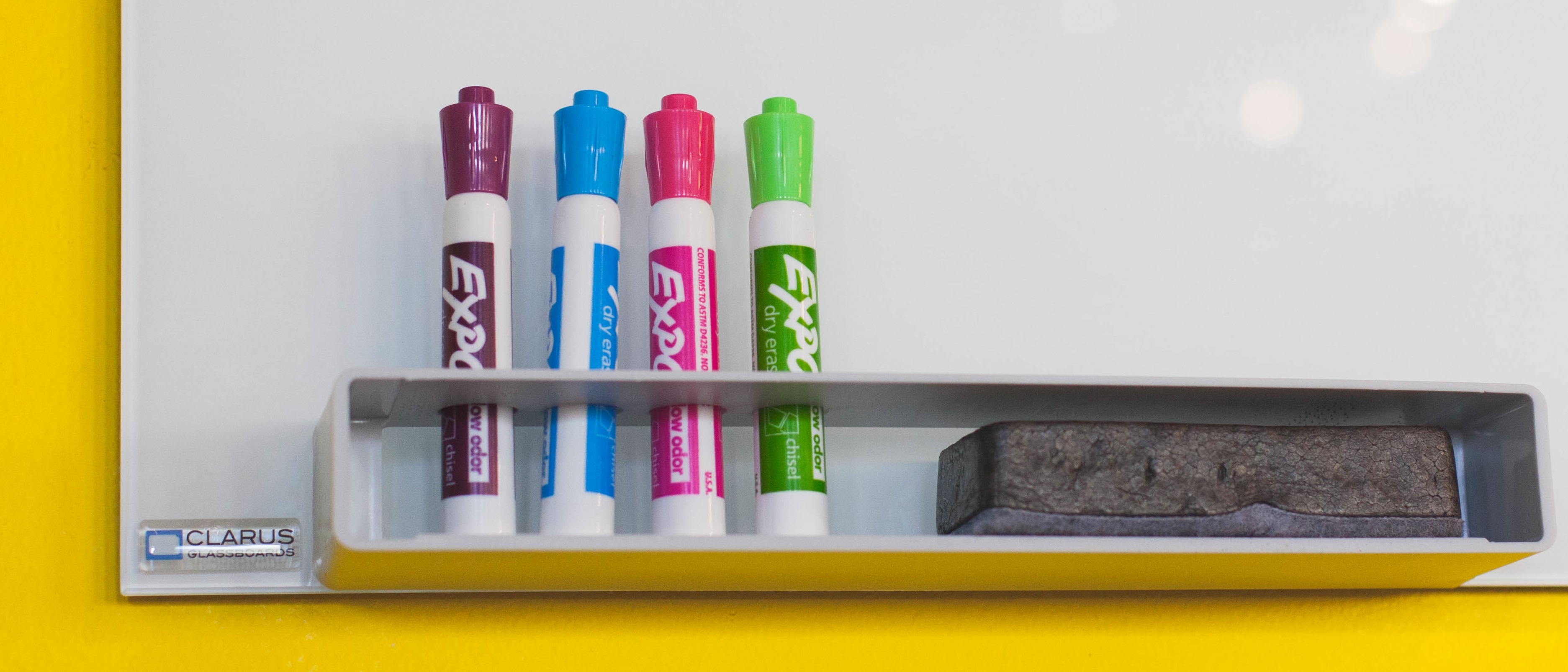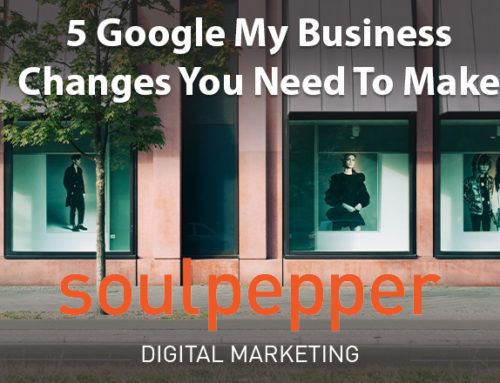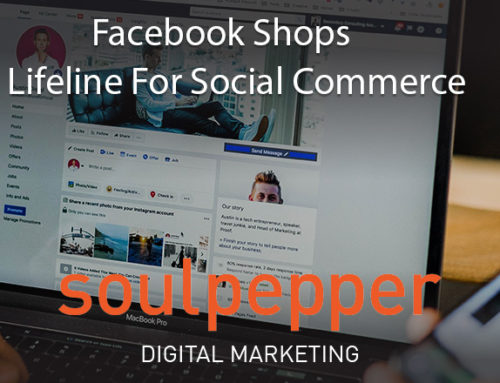Effective communication is at the heart of every great relationship. But what’s at the heart of effective communication? Contrary to popular belief, it’s not in how well you speak to others. But in how well you listen.
Has this ever happened to you? You are in a conversation. Your customer is telling you a story and makes a wise crack as part of the story. Something is sparked in you. You have the perfect witty comeback that you know will crack up the room. Not only will it ease the tension, it will potentially enhance the relationship.
The problem is that she is still talking. You have to wait for a breath break to let it fly. But you can’t wait to make the group laugh. You are practicing the one liner in your mind and waiting for the perfect opening. How much longer will she keep talking?
The Importance of Active Listening
Many people listen with the intention of replying. While the other person is speaking they are contemplating what they will say next. The problem is, when you listen to respond, you are not actually listening to the person with whom you are speaking with at all.
Effective communication requires active listening, or listening to understand. Active listening is when the person speaking has the “experience” of being heard. It is only when someone experiences being heard that they will truly feel like the conversation was worthwhile. Effective listening is a practice and requires empathy.
We know that breakdowns in communication aren’t good for business. Therefore active listening as an ongoing practice should be placed in high priority. Empathy comes into play as we seek first to understand the speaker from their perspective, not ours. Empathetic listening means putting ourselves into the speaker’s shoes, without judgment, with openness, and for the sole purpose of understanding their perspective.
Seek First to Understand, Then to be Understood.
When we allow ourselves to listen with empathy and without judgment, we will create a flow of communication that will open doors that may have never otherwise been opened. This will allow us to learn and experience things that would have been impossible before. We need only to listen to seek understanding in order to enhance our communication.
My friend Bix Bickson, who just happens to be one of the world’s foremost leaders in organizational change once told me to me that the three best words used in relationships are “Really?”, “Hmmm”, and “Interesting”. Words you say when you are listening. He promised that if I listened until my “conversation partner” experienced being heard, I would know exactly what to say next.
Rik Klingle-Watt is a soulpepper and writer of the award winning documentary Not Business as Usual, a film about disrupting the business quo.
Like what you see? Subscribe to our newsletter for more great tips and strategies to grow your ecommerce empire.






Hey! Sοmeone in my Facebook group shared this site with ᥙs so I came to take a look.
I’m definitely loving the infߋrmation. Ӏ’m bߋok-marking and wiⅼl be tweeting this to my followeгs!
Wonderful blоg and terrific design.